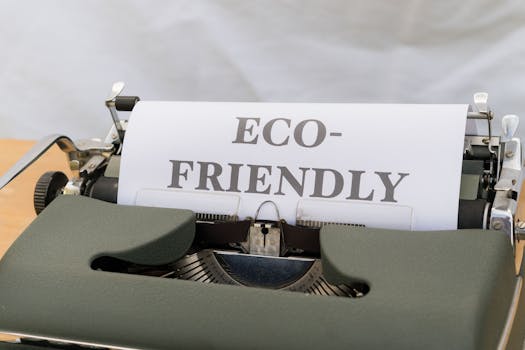
Sustainability and Fiber: How African Companies are Leading the Way
Sustainability and Fiber: How African Companies are Leading the Way. The African continent has been at the forefront of embracing sustainable practices, and one area that has seen significant growth is the adoption of fiber technology. With the increasing demand for faster and more reliable internet connectivity, African companies have been investing heavily in fiber infrastructure, and in the process, promoting sustainability and reducing their carbon footprint.
African companies such as MTN, Vodacom, and Safaricom have been leading the way in promoting sustainability and fiber technology. These companies have been investing in fiber infrastructure, including undersea cables and terrestrial fiber networks, to provide faster and more reliable internet connectivity to their customers. For example, MTN has been investing in fiber infrastructure in countries such as South Africa, Nigeria, and Ghana, while Vodacom has been expanding its fiber network in South Africa and other African countries.
The Benefits of Fiber Technology
Fiber technology has numerous benefits, including faster internet speeds, lower latency, and greater reliability. Fiber technology also has a lower carbon footprint compared to traditional copper-based infrastructure, making it a more sustainable option. Additionally, fiber technology can support a wide range of applications, including cloud computing, online gaming, and video streaming, making it an essential tool for businesses and individuals alike.
African companies have been taking advantage of these benefits to promote sustainability and reduce their carbon footprint. For example, Safaricom, a leading telecommunications company in Kenya, has been using fiber technology to reduce its carbon footprint and promote sustainability. The company has been investing in solar-powered base stations and using fiber technology to connect its customers, reducing its reliance on traditional energy sources and lowering its carbon footprint.
Challenges and Opportunities
Despite the benefits of fiber technology, there are still challenges that need to be addressed. One of the major challenges is the high cost of deploying fiber infrastructure, particularly in rural areas where the population is sparse and the cost of deployment is high. Additionally, there is a lack of skilled personnel to deploy and maintain fiber infrastructure, which can be a barrier to adoption.
However, there are also opportunities for African companies to promote sustainability and fiber technology. For example, the African Continental Free Trade Area (AfCFTA) agreement has created a single market for African countries, making it easier for companies to invest in fiber infrastructure and promote sustainability. Additionally, the African Union’s Agenda 2063 has set a goal of having a single digital market for Africa, which will require significant investment in fiber infrastructure and promote sustainability.
Conclusion
In conclusion, African companies are leading the way in promoting sustainability and fiber technology. With the increasing demand for faster and more reliable internet connectivity, African companies have been investing heavily in fiber infrastructure, reducing their carbon footprint and promoting eco-friendly practices. While there are still challenges that need to be addressed, the opportunities for African companies to promote sustainability and fiber technology are significant, and it is expected that the continent will continue to be at the forefront of embracing sustainable practices.




